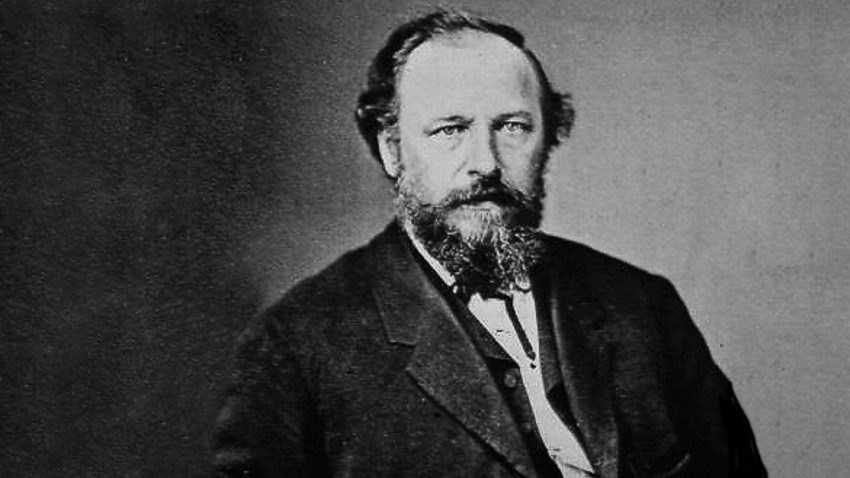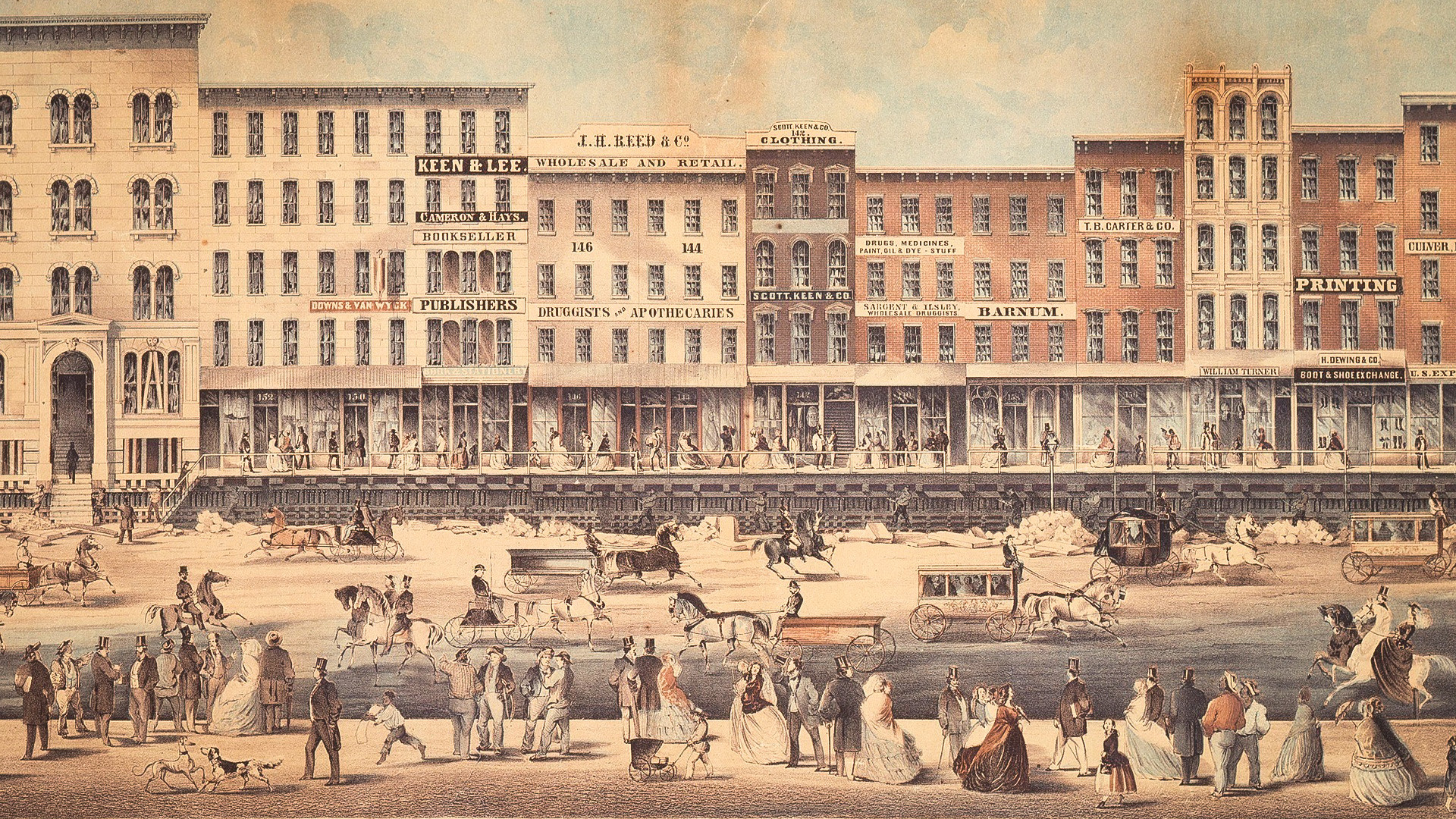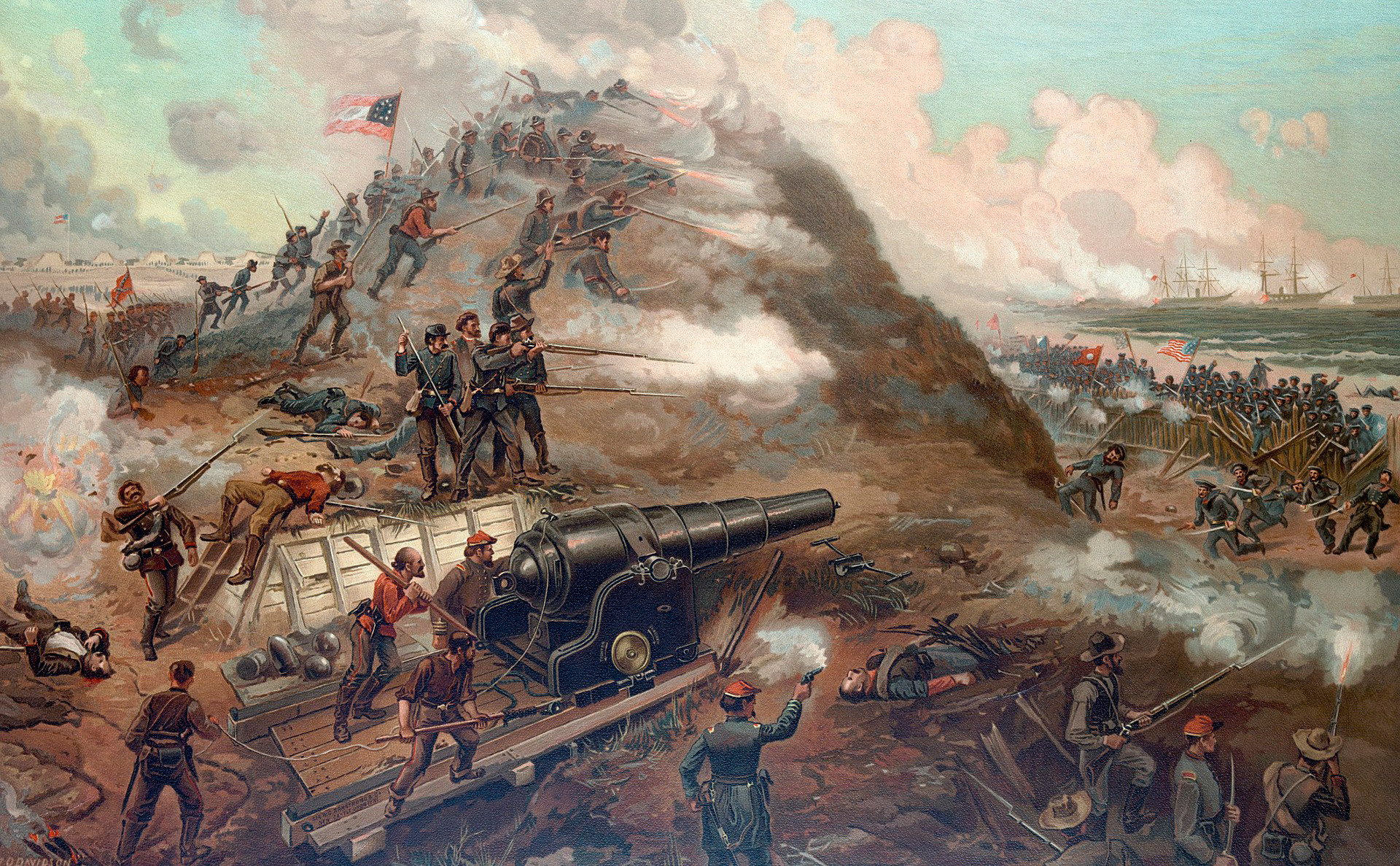How did a Tsarist military officer become a general in the U.S. Army?

John Turchin (Ivan Turchaninov) - a Russian officer who fought in the U.S. Civil War.
Public domainIn 1862, during the Civil War in America, the Russian envoy to Washington, Eduard de Stoeckl, expressed his discontent with Russian officer Ivan Turchaninov serving in the Union Army.
“Ranks of this army consist of revolutionaries and adventurers from every corner of the Earth,” Stoeckl wrote to St. Petersburg.
Even though the Russian Empire supported the North, Stoeckl believed that fighting in America’s internal battles was a shame for an officer who had previously served under the Emperor’s flag. Nevertheless, Turchaninov didn’t care what the unsupportive Russian officials thought, as he had left his homeland for good.
Stubborn colonel
Born in 1822 in the Don River region of southern Russia, Turchaninov followed in his father’s Cossack footsteps. In 1841, he graduated from the Imperial Military School in St. Petersburg, and in 1848 he participated in the suppression of the Hungarian Revolution, and then fought in the Crimean War (1853-1856).
“By the end of the [Crimean] war Turchaninov was a colonel, with the prospects of a wealthy life, and perhaps an outstanding career, ahead of him,” publicist David Zaslavsky wrote. “But he rejected it.”
In 1856, Turchaninov and his wife Nadezhda left Russia and sailed across the Atlantic to the U.S. Their motivation was ideological: the colonel was an ardent republican who was eager to live in a free country where a person’s fate is decided by oneself. In the 1850s, the U.S. was the only prominent state to have a republican form of government (all European powers were monarchies), so after crossing the ocean the Turchaninovs bought a small farm near New York City.
Mixed feelings about America

Chicago in the 1860-s.
Public domain“America helped me to get rid of my aristocratic prejudices, and reduced me to the rank of a mere mortal. I was reborn. I fear no work; no sphere of business scares me away, and no social position will put me down,” wrote Turchaninov to Alexander Herzen, the famous Russian political émigré, who was then living in London.
Indeed, he had to change his career many times: farmer, laborer
Turchin, however, was not completely enamored by life in America. In the same letter to
The idealistic officer had to face the harsh reality of all the vices of American capitalism.
Battles and scandals
While Turchin criticized America copiously, when the Civil War broke out in 1861 he didn’t hesitate to join the ranks of the Union Army. Thanks to his military background, he was given the rank of colonel, and the 19th Regiment Illinois Volunteer Infantry was placed under his command. They fought against the Confederacy in Tennessee and Alabama

Civil War illusrtation.
Public domainThe Rape of Athens
On May 2, 1862, the 19th Regiment seized the town of Athens, Alabama. By that time the army was frustrated with the stalemate on the battlefield, as Confederate guerrillas often hit the Union soldiers with the help of Southern locals. So the Russian colonel decided to teach the rebels a lesson.
“Turchin gathered the regiment and told them just before leaving the town: ‘I close my eyes for two hours. I see nothing,” Russian Culture wrote on the incident which would later be known as “the Rape of Athens.” Actually, it was more about ransacking local commercial districts – the Union soldiers stole everything they could, with the damage estimated to be at least $55,000.
After the incident gained public notoriety, Turchin was dismissed and faced a
In his speech at court, Turchin emphasized that the Union Army is fighting against slavers who “must not be handled with soft gloves, but a little roughly.”
Meanwhile, his wife went to Washington D. C. to plead her husband’s case directly to Lincoln, who not only re-instated Turchin but promoted him to brigadier general. After all, the Union needed active and smart officers.
Oblivion follows glory
Turchin continued his service, fighting in the Battle of Chickamauga and in the Chattanooga campaign where he showed his best. “He was one of the best-educated and knowledgeable soldiers of the United States,” his comrades-in-arms would say later.
In 1864 he had to leave the army after suffering a stroke. After the war, he led a troublesome life, changing careers over and over again. He died in 1901, aged 79 and very poor.
Read our article to find out who
If using any of Russia Beyond's content, partly or in full, always provide an active hyperlink to the original material.
Subscribe
to our newsletter!
Get the week's best stories straight to your inbox